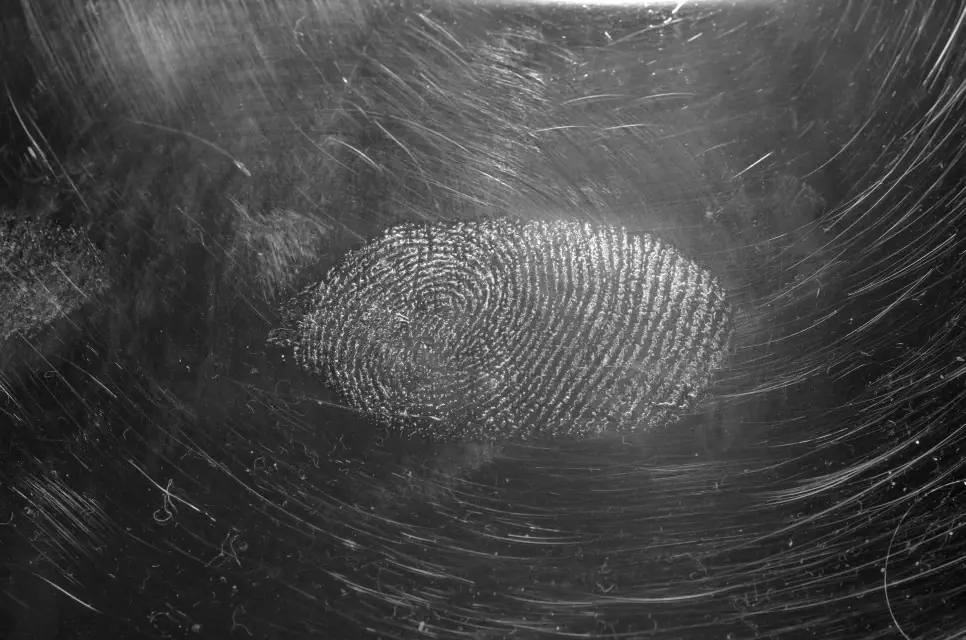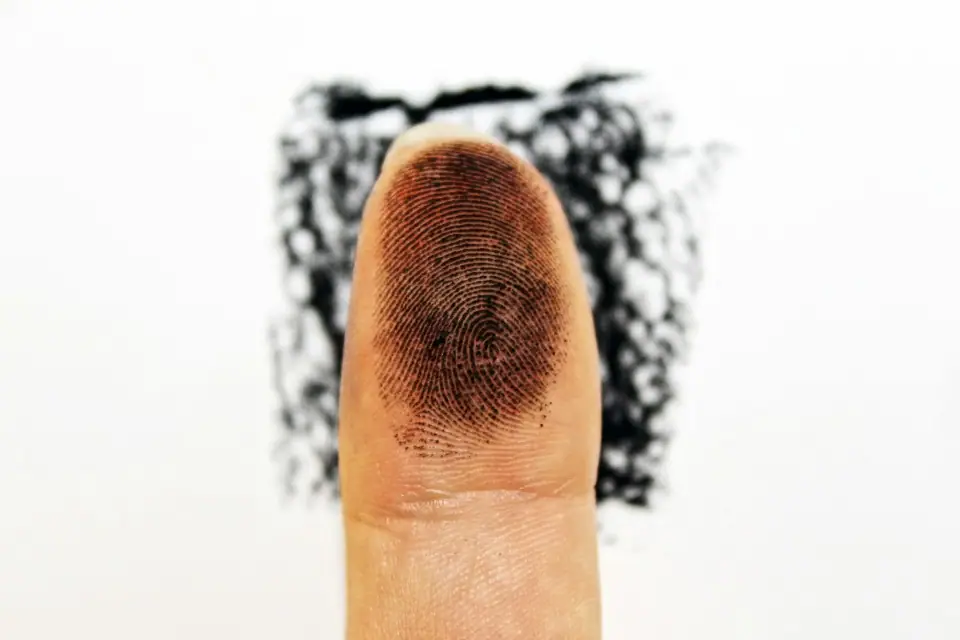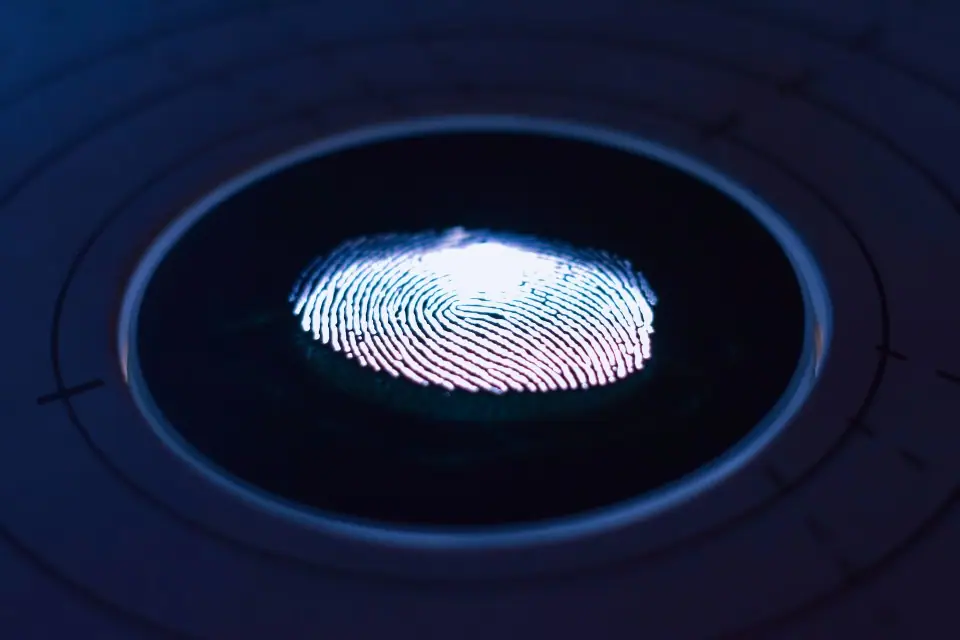Fingerprinting services provide identification and background checks for individuals and companies. These services are used for employment screening, security clearances, licensing, and other purposes. Starting a fingerprinting business can be a lucrative opportunity for entrepreneurs interested in the security and investigation industry. This article covers the basics of getting a fingerprinting business up and running.
Choose a Business Structure
When starting a fingerprinting business, you’ll need to determine the legal and tax structure. Common options include sole proprietorship, partnership, limited liability company (LLC), or corporation. Each has different requirements, benefits, and drawbacks to consider. For many small business owners, an LLC provides personal liability protection while allowing pass-through taxation. Consulting with an attorney and accountant can help decide the best structure for your goals and situation.
Obtain Necessary Licensing and Certifications
Most states require fingerprinting businesses to hold certain licenses and permits. Research the requirements in your state and locality. Common licenses include a private investigator or security services license. You may also need to obtain an occupational business license and tax permits. Relevant training and certification may also be mandatory, such as certification from the National Crime Prevention and Privacy Compact Council (NCPC). Proper licensing helps demonstrate legitimacy and allows access to criminal record databases.

Create a Business Plan
A detailed business plan is crucial when starting any business. The plan should outline your services, target markets, startup costs, financial projections, marketing strategy, and competitive analysis. Thoroughly researching your local market and potential customers will help create realistic financial projections and goals. The business plan is also necessary if you intend to seek startup funding from banks or investors.
Obtain Funding and Financing
Starting a fingerprinting business requires significant upfront capital. Funding options include personal savings, loans from banks or the Small Business Administration, crowdfunding, business partners, or investors. Be sure to explore all options, as sufficient startup funding is essential for purchasing equipment, covering operating expenses, and getting through the early stages of business development.
Find a Location and Obtain Equipment
Fingerprinting businesses can be run from small offices or even mobile units. Look for professional office spaces convenient for customers. Avoid lengthy leases when starting out in case you need to change locations. You’ll also need to invest in the necessary fingerprinting equipment, which includes live scan fingerprint machines, ink and cards for traditional prints, and computer systems. Only buy equipment from reputable vendors approved for collecting fingerprints submitted to agencies.

Market Your New Business
Effective marketing and customer outreach is critical when starting any new business. Your marketing strategy should focus on your local area and target customers, which may include HR departments, government agencies, schools, or individuals needing fingerprinting services. Some effective tactics include search engine optimization, print/online ads, direct mail, social media, networking events, and special introductory offers. Focus on communicating your services, convenience, competitive pricing, and benefits.
Starting a fingerprinting business involves research, planning, and upfront investment. But for security-minded entrepreneurs, it can offer the exciting opportunity to help provide identification services while building a profitable company. Pay close attention to all licensing requirements, create a solid business plan, invest in quality equipment, and utilize marketing to build awareness of your new fingerprinting business.
How much does it cost to start a fingerprinting business?
Startup costs vary but plan for at least $10,000-$15,000 to cover equipment, licensing, insurance, marketing, and other startup expenses. Ongoing costs like rent, payroll, supplies, etc. will also need to be factored in.
What equipment do I need to start a fingerprinting business?
At minimum you’ll need a reliable live scan fingerprint machine, ink and fingerprint cards, laptop and printer, camera, and office furniture. Advanced systems, backup equipment, and mobile fingerprinting equipment can also be worthwhile investments.
Do I need a background in law enforcement to start a fingerprinting business?
You do not need a background in law enforcement, but some knowledge or experience in the security industry can be helpful. Key requirements are adhering to all licensing and certification standards in your state.
What is live scan fingerprinting?
Live scan fingerprinting uses advanced digital technology to electronically capture fingerprints without ink. Live scan systems are faster and more accurate but require more expensive equipment.
How much can a fingerprinting business make?
A fingerprinting business can generate several thousand dollars in revenue per month with the potential to earn $60k or more annually. Revenue depends on your customer base, pricing, and how many fingerprinting services you can provide.
In Summary
Launching a fingerprinting business allows you to provide identification, background check, and investigation services in demand by individuals, employers, licensing agencies, and law enforcement. Careful planning and adherence to all legal requirements is necessary. While startup costs are significant, a fingerprinting business can prove financially rewarding if you build a strong customer base and market effectively. With hard work and dedication, you’ll be on the path to success in this essential industry.

